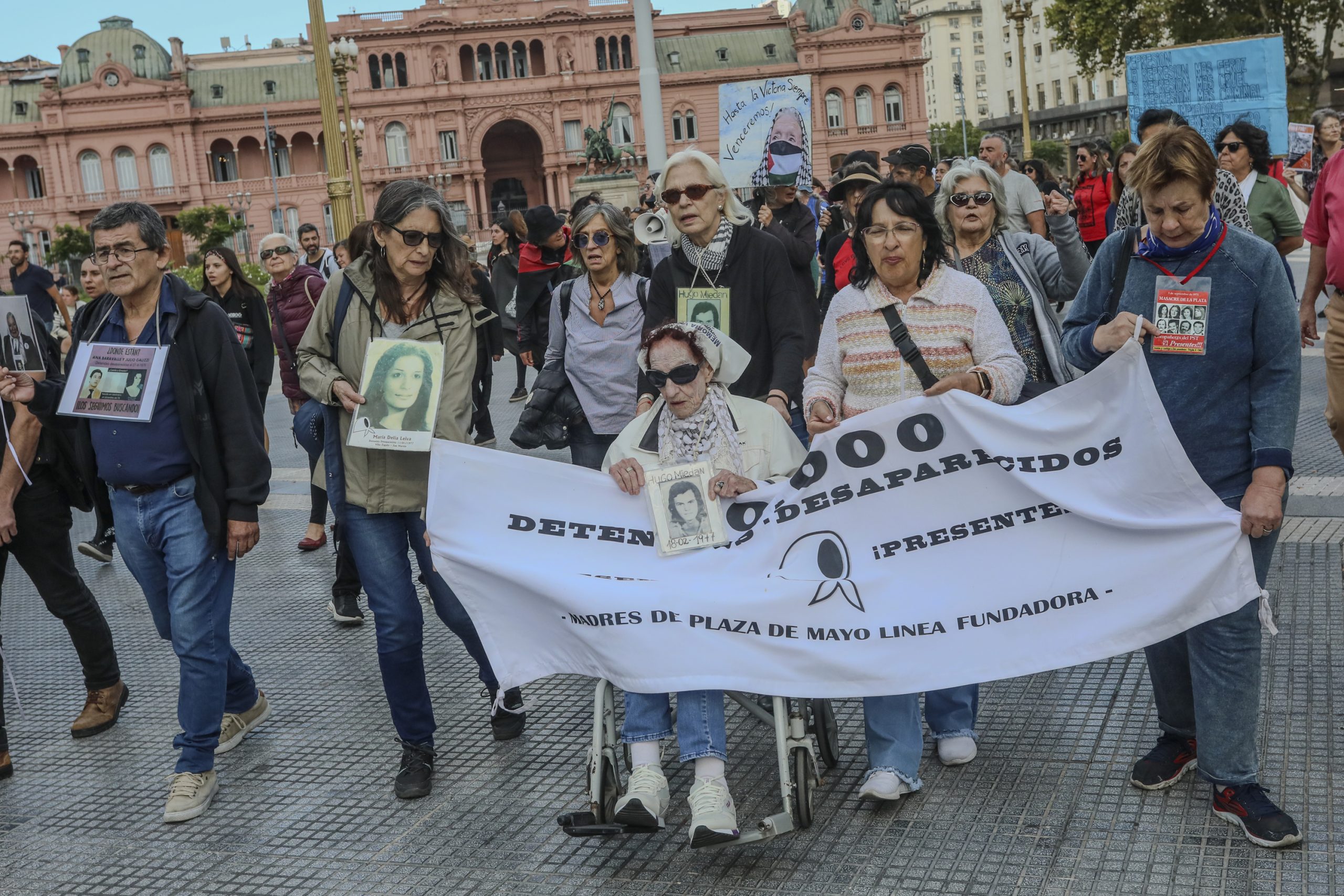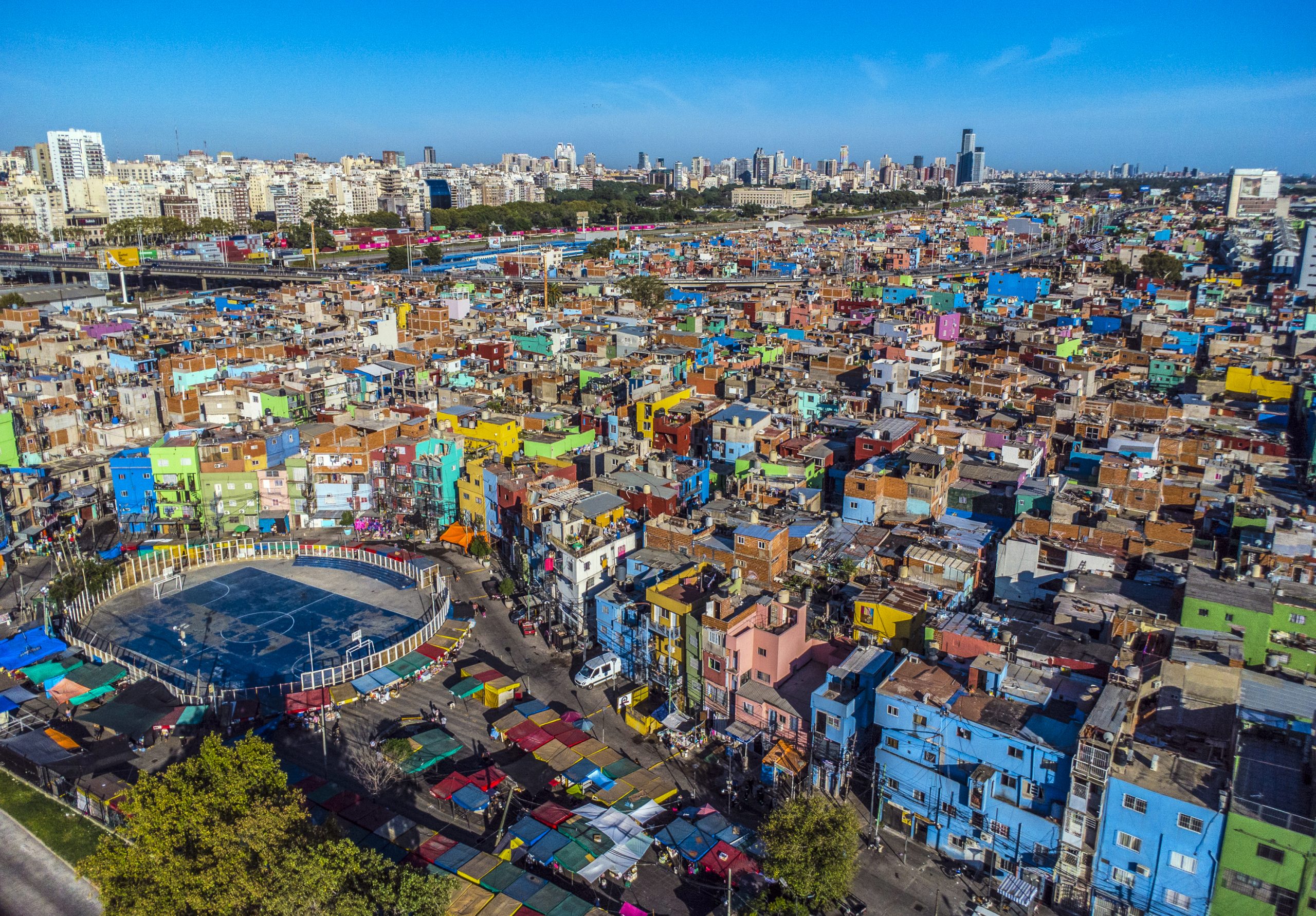Special Series (2):
The Fall of a Developed Nation a Century Ago

“There are four types of countries: developed, underdeveloped, Japan, and Argentina.”
This quote by Simon Kuznets, the 1971 Nobel laureate in economics, highlights Argentina’s unique position.
At the start of the 20th century, Argentina was among the world’s five richest nations. Its per capita income was higher than France and Germany, and nearly double that of Spain. European immigrants debated whether to go to New York or Buenos Aires. In 1913, Buenos Aires opened its subway system, 80 years before Los Angeles, and it still runs today.
It is widely known that Argentina’s decline followed the Great Depression, populism, and military dictatorship. Liliana Franco, a columnist for the Buenos Aires Herald, blames the fall on politics focused on redistribution.
From Prosperity to Populism

As redistribution-focused politics took hold, core values like saving, patience, and hard work weakened. Over generations, people started believing the state could do everything — provide welfare and solve all problems. Peronism played a key role in spreading this belief.
This led to a culture very different from capitalist societies. Choi Do-Sun, chairman of Peabody, a home appliance company, pointed out the mindset created by populism.
“Populism left many people without stable jobs for three or four generations. Those who never saw their father go to work struggle to accept the culture of working on a schedule,” he said.
Peronism did not appear overnight. After the Great Depression, nostalgia for past prosperity and feelings of deprivation grew. This combined with distrust in the elite, creating a political force ready to explode.
Perón’s Rise and the Tax Burden Trap

However, thinking Peronism only helped the poor is wrong. The Peronist government also protected the wealthy. For example, Argentina has no federal inheritance or gift tax. Instead, provinces collect inheritance tax. In Buenos Aires, the top rate is 9.51%, much lower than in South Korea.
To pay for heavy spending, the government imposed high corporate, income, and sales taxes. Corporate tax is 35%, applying to earnings over just $300,000. In South Korea, the top 24% corporate tax only applies above three hundred billion won. Income tax also tops at 35%, applying to annual incomes over just $6,000. The 21% VAT is as high as Northern Europe.

Taxes, Evasion, and the Underground Economy
Businesses face not only corporate tax but also 5% local taxes and many other levies. Martín Rapallini, president of the Argentine Industrial Union (UIA), called this the ‘Argentine cost’, saying, “All these taxes and regulations push up prices. We business owners are survivors of that system.”
Paying all taxes and following complex rules became impossible. Most found ways to avoid them. According to the World Bank, Argentina’s total tax burden on businesses was 106.3% of profits. That means companies paid more in taxes than they earned. Only Congo and Comoros in Africa had similar figures. This unsustainable system means many avoided taxes or operated underground.
Ko Hoon, a retired Korean Argentine businessman in Buenos Aires, said, “In the past, you could bribe customs officials to import anything. Whatever was in the container, the paperwork said it was nails, the cheapest item. Many made fortunes like this.”
Life Under Endless Rules

Petty regulations also affected daily life. Kevin Kang, director at LK Global, said, “In September 2023, a friend from Canada sent me a birthday card. I paid $20 in tax just to receive it, and it still took a month. That was the reality in Argentina then.”
In such a harsh system, people learned to survive. They had to know what was changing and how to avoid mistakes — things people elsewhere never think about. Gustavo Eiriz, a member of the Teatro Argentino de La Plata`s Symphonic Orchestra, opened his phone to show exchange rates and stock charts when asked about his finances. “Argentines are almost amateur economists,” he said. “Inflation is so bad, and the economy is so unstable, that even musicians like me must know economics. People here have learned how to survive.”
Doctors, Engineers, and Translators: A Broken Labor Market
In this system, as in many socialist countries, the reward structures were distorted, undervaluing skilled professionals. In the U.S., doctors start with high salaries, but in Argentina, entry-level doctors earn only $1,000 a month. Mónica Martínez (55), a doctor in Buenos Aires, said, “Many doctors work hard only to retire with the lowest pension.” Kim Caroline (31), a radiologist, said, “Doctors often work at two or three hospitals at once. It’s exhausting.” Her fiancé, Wooriel Lee (33), a chemical engineer, quit his field and now works as a translator at POSCO’s local office, earning $3,500 a month. “It’s strange that translators make more than doctors or engineers,” he said. “We’re thinking about leaving the country after we get married.”
An Exodus of Talent and Stunted Growth

Like them, many talented people are leaving. La Nación and other local media report that about 300,000 professionals emigrated between September 2020 and April 2022, mainly to Spain, Brazil, and the United States. Argentina trains its talent, but other countries benefit.
Companies that should grow are stuck. Talent flees. Those who should work sit idle. That is how Argentina, once a rich nation, ended up like this — by choosing policies that libertarian economic theory warns against.
🔎 Special Series: The Rise and Fall of Argentina’s Economy
- Part 1: How Argentina Was Saved by ‘Chainsaw Reform’
- Part 2: The Fall of a Developed Nation a Century Ago
- Part 3: [Coming Soon]
- Part 4: [Coming Soon]
- Part 5: [Coming Soon]
BY YOONHO NAHM [yhnam@koreadaily.com]
AND YEOL JANG [jang.yeol@koreadaily.com]



![At One-Year Mark, Korean Americans Rate Trump’s Second Term Poorly U.S. President Donald Trump gestures as he and Canada's Prime Minister Mark Carney, not pictured, meet in the Oval Office at the White House in Washington on Oct. 7. [REUTERS]](https://www.koreadailyus.com/wp-content/uploads/2025/10/1008-Trump-100x70.jpg)